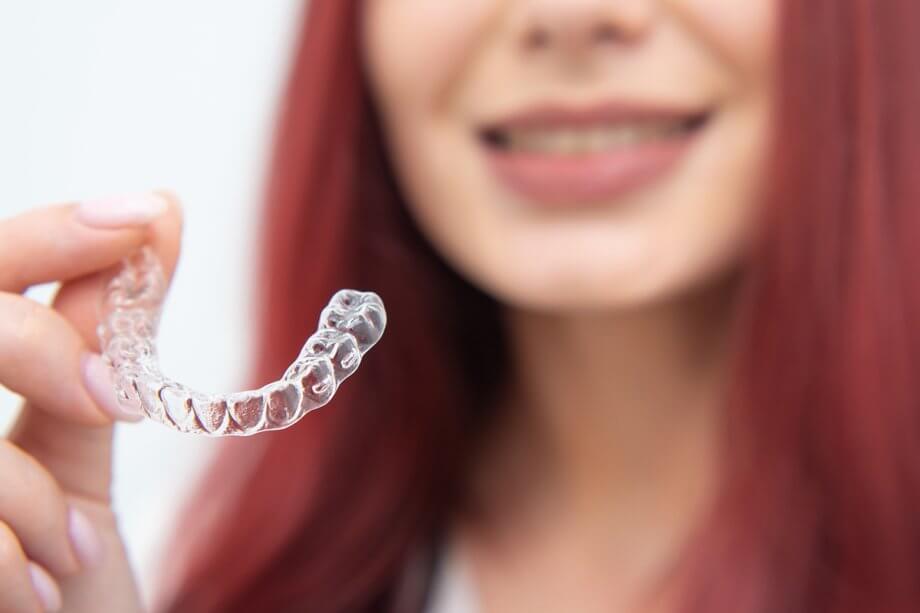With its introduction to the market in 1998, Invisalign changed the way both orthodontists and the public viewed treatments for misaligned teeth.
Invisalign was first used for mostly mild alignment issues, but soon it was being used effectively to treat more and more complex cases.
This has caused dental professionals to look at even more areas where this popular treatment can help patients.
One of those areas is TMJ or temporomandibular joint disorder. This painful condition is sometimes caused or exacerbated by bite alignment issues.
In this article, we'll look at whether Invisalign can be used to help treat the symptoms, or even the cause, of TMJ pain.
What Is TMJ?
TMJ is a disorder involving the small temporomandibular joint that connects your jawbone to your skull. This sliding joint can be put under stress for various reasons that result in pain and possible damage to the joint over time.
Symptoms of TMJ can range from mild to severe and without treatment, can possibly get worse if the underlying cause is not addressed or managed.
Can Bite Alignment Cause TMJ?
Proper bite alignment is critical for the function of both your teeth as well as the structures around your jaw. When your bite is not properly aligned, such as with an underbite or crossbite, there are added stresses on the teeth and the jaw.
These stresses can not only cause TMJ, but they will also aggravate any preexisting TMJ problems.
So in other words, minor bite misalignments can cause or exacerbate TMJ symptoms and therefore treating these misalignments can help alleviate the symptoms or even remove them entirely.
Invisalign And TMJ
For decades, traditional metal braces have been used to fix mild to moderate bite issues such as underbite, overbite, and crossbite.
But now, Invisalign can treat all of these same issues, even the more complex cases previously thought to be only suitable for metal braces.
Because Invisalign can treat bite alignment, it is also a possible treatment option for those suffering from TMJ pain due to alignment issues depending on the severity of the patient case.
Many patients not only believe Invisalign is more cosmetically appealing than traditional metal braces for treating alignment issues, but they also find the Invisalign aligners to be much more comfortable and easier to tolerate.
This means you can get the same results and TMJ relief as traditional metal braces but with all the benefits that Invisalign offers.
Are There Cases Of TM That Invisalign Can't Treat?
Moderate to severe cases of TMJ may require other treatments depending on certain factors. However, even if your TMJ requires additional treatments, you may still be a candidate for Invisalign if there is an underlying bite alignment problem that also needs to be addressed.
More Information On TMJ And Invisalign
TMJ can become a chronic and worsening condition if not treated early. This means if you are suffering mild symptoms of TMJ, it's important to listen to your body's warning signs and seek out a professional.
Dr. Susan Ho and her expert staff at Kensington Natural Smiles have been successfully using Invisalign with patients to correct bite alignment problems quickly and comfortably. If a bite alignment problem is causing your TMJ symptoms, our staff can help correct it and put you on the road to recovery.
Contact Kensington Natural Smiles today to learn if Invisalign is the right choice to treat your TMJ symptoms.

